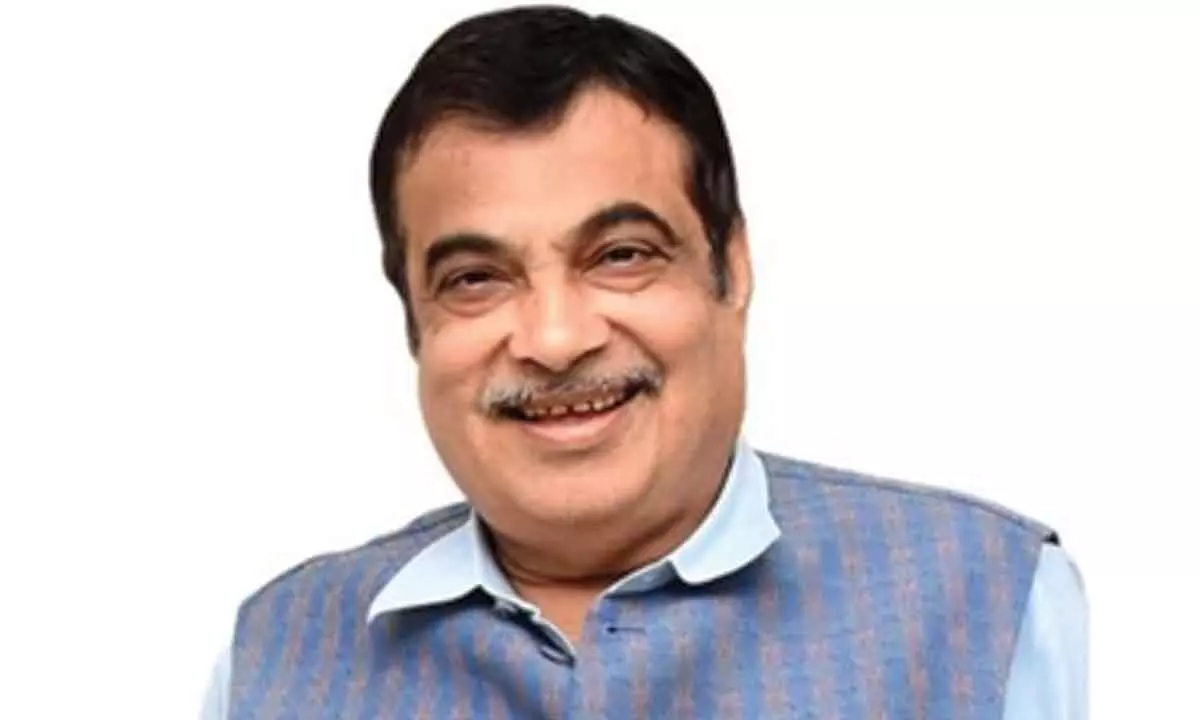Live
- Dil Rajuapologises for controversial remarks on Telangana culture
- Nikki Tambolisteals the spotlight with bold fashion choices
- MLA Danam Nagender’s Key Remarks Stir Controversy Again
- Overcome disability to achieve culinary success
- Minister Ponnam Prabhakar Assures Justice in Distribution of Indiramma Houses and Ration Cards
- AP sees rapid development under NDA govt., says Dy. CM Pawan Kalyan
- Chief Minister Revanth Reddy Unveils Chennamaneni’s Autobiography ‘Uniki’ in Hyderabad
- Tensions Flare Between BRS and Congress Workers in Yadadri District
- Dafabet Bonus Code 2025: Claim ₹16,000 in free bets
- CM Revanth Reddy Pays Tributes to Swami Vivekananda on His Birth Anniversary









